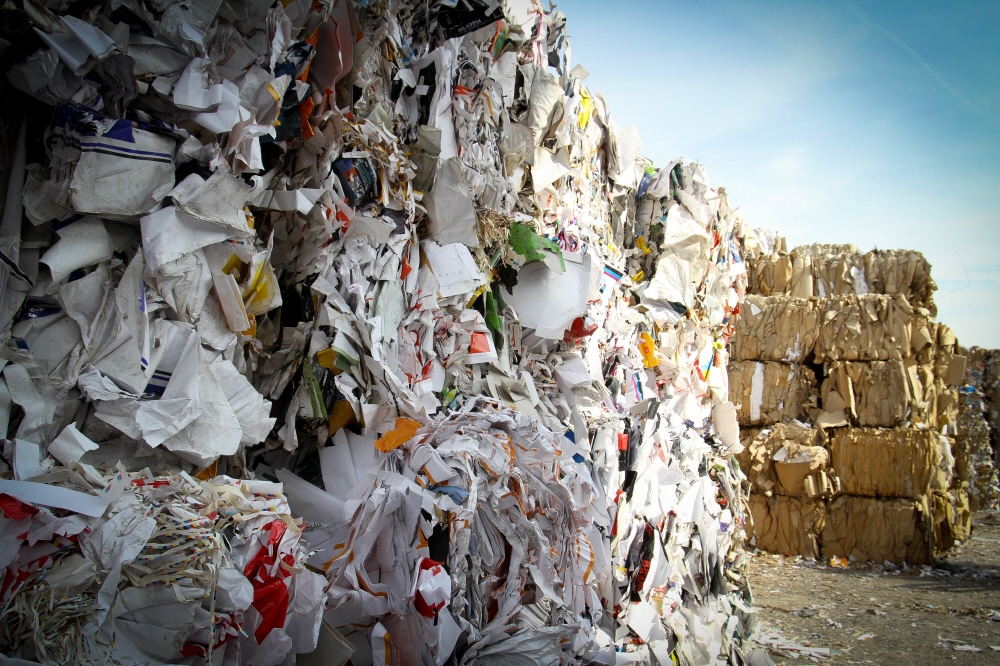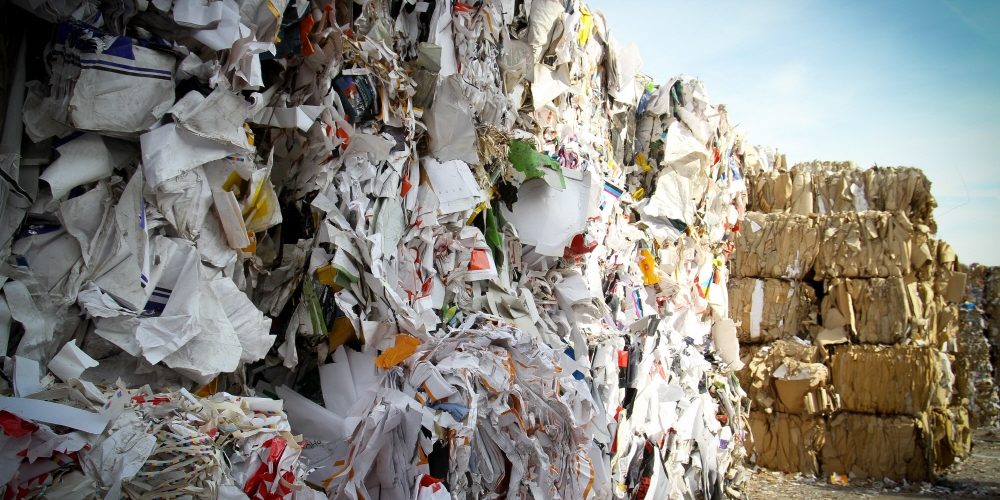
Internet shoppers prefer the free return option, but few people know what happens to the products they return. CBC, a Canadian public broadcaster, returned goods pretended to be purchased by customers and conducted a follow-up investigation into how the returned goods were handled.
First, they purchased 12 products, including backpacks, pants, printers, coffee makers, tents, children’s toys, and household items, and returned them with a hidden camera and GPS to track location information. The tracking of returned goods revealed that the goods were discarded as they were after the return.
Of the 12 returned products, only four were re-sold through Amazon. Although we tracked the returned products a few months ago, some of the products were stored in Amazon warehouses, while others were already disposed of at landfills.
The returned leather bags were said to have been able to trace their route from an Amazon warehouse in Ontario to a waste disposal site in Toronto. In addition, it is said that at least one truck returned product is being disposed of every week, and in many cases, three to five trucks are being disposed of. Of course, some of the returned products are landfilled and not 100% recycled. It explains that there is no recycling of returned products.
Demand for e-commerce is increasing due to Corona 19, and e-commerce sales have more than doubled over several months in Canada. Research shows that 30 to 40% of products purchased online are returned. The return rate of products purchased in real stores is less than 10%.
According to Optoro, a technology company for retail returns, $400 billion worth of goods are returned to retailers each year, with an estimated 2.3 million tonnes of waste generated in the United States. In response to the findings, Amazon officials said that sales tactics that force customers to buy more products than necessary and return unnecessary items were affected. It is fortunate if there is, and in most cases it is impossible to resell it as new.
Another official said that most of the returned inventory due to excess inventory is resold to other customers or liquidators depending on the condition of the product, is returned to a supplier, or is donated to a charitable organization. There are also, but they explained that they are trying to reduce the number of occurrences. However, it did not say what percentage of the products returned to Amazon will be disposed of.
Meanwhile, according to a survey in France, hundreds of thousands of Amazon returns and excess inventory are being scrapped. Related information can be found here.


















Add comment